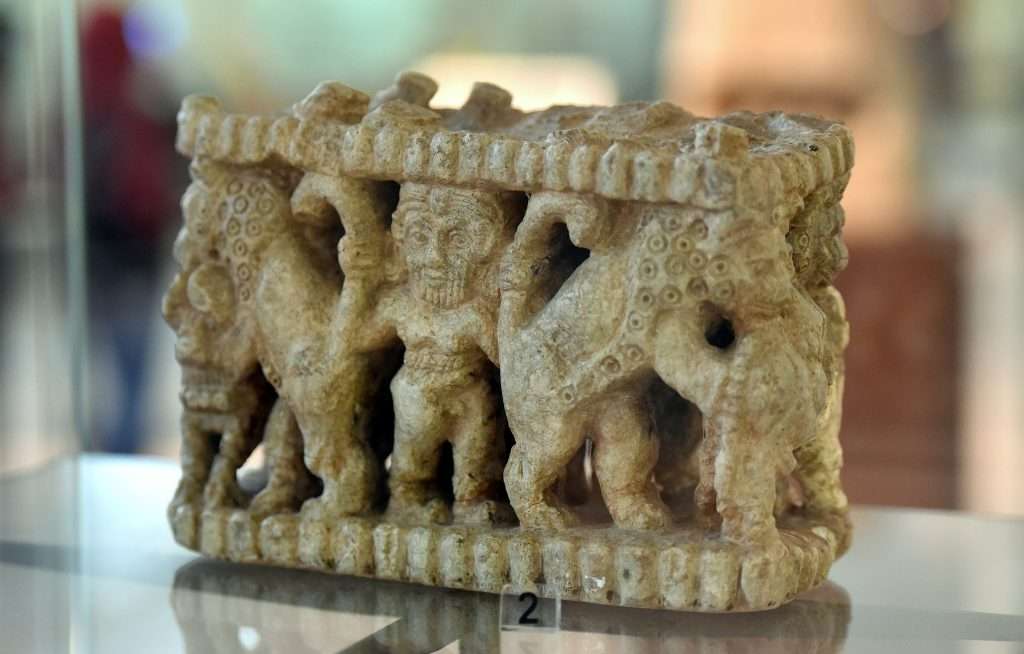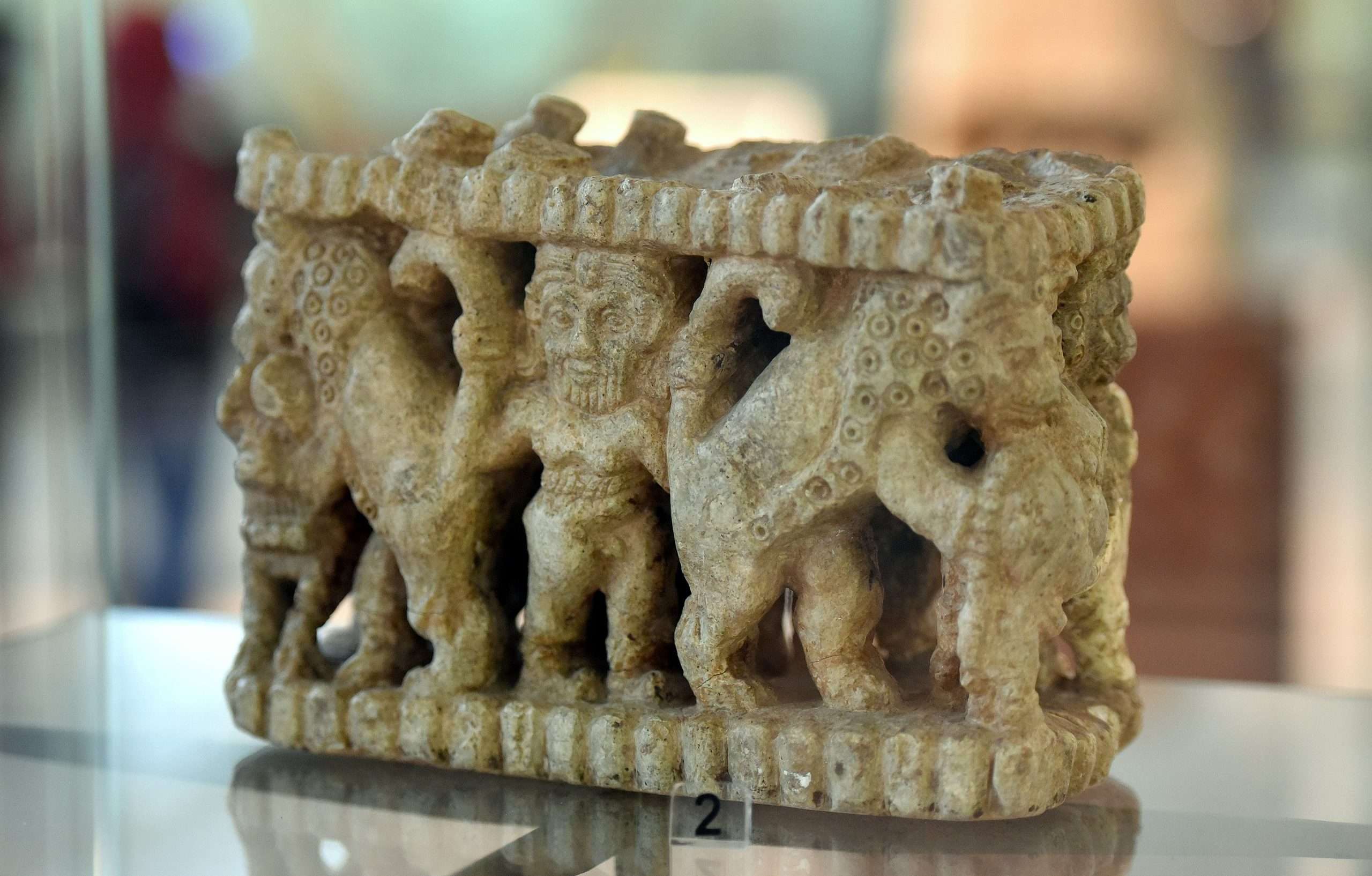J.J. Vason tells us how he drew upon themes from ancient Sumerian mythology for his latest novel, Siduri, which is set in a modern fantasy world loosely based on the south-west of England.

Speculative fiction thrives on exploring the unknown, the mysterious and the fantastical. Among the rich veins of mythology mined for inspiration, Sumerian mythology stands out thanks to its ancient origins and timeless themes. Rooted in the civilization of Sumer in Mesopotamia (modern-day Iraq), which dates back to around 4500 BCE, Sumerian mythology uses one of the earliest known writing systems. Using cuneiform, they inscribed their stories on clay tablets, many of which have survived to this day. These texts include some of the earliest literary works, such as the “Epic of Gilgamesh,†“Inanna’s Descent,†and a plethora of hymns, laments, and myths about their gods and heroes.
If you look more deeply, you’ll find a diverse array of deities populating the Sumerian pantheon, each with distinct personalities, domains, and tales. There’s Anu, the sky god, Enlil, the god of air and storms, Enki, the god of water and wisdom, and Inanna, later known as Ishtar, the goddess of love and war. These deities interact with humans and each other in complex ways, often embodying natural forces and human emotions. As a result, their stories offer a rich source of inspiration for storytelling.
The Epic of Gilgamesh
The Epic of Gilgamesh is a personal favourite of mine. However, despite this, there is one character, Siduri, that I find irritating as much as she is inspirational. Siduri is not a god but a wise alewife who offers counsel to the grieving King Gilgamesh as he searches for immortality. Her advice, often simplified to “seize the day,†actually conveys a more fatalistic message: “Why strive for the unattainable? Only the gods are immortal. Embrace your destiny, make merry, and enjoy the pleasures of life.â€
While I’m all for pleasure, my hackles rise when someone calls something “unattainable.†Many impossible things have turned out to be quite possible—much to the annoyance of those who deal in absolutes. Certainly, if you use the word “improbable†rather than “impossible,†then you’re at least left with a glimmer of hope. Given the way the world is today, hope is often the only thing left. Still, Siduri’s response to Gilgamesh gave me an idea. My reaction to it forms the cornerstone of my novel, “Siduriâ€.
A New SiduriÂ
In “Siduri,†I haven’t tried to retell the “Epic of Gilgamesh.†Others have done that. Instead, inspired by Gilgamesh’s tale, I wanted to explore the timeless themes of fate, identity, and the human condition through a more contemporary lens. My Siduri is not an alewife of ancient lore, but a young woman waiting on a train. She might live in a world shared with ghosts and hounded by a wicked cult, but otherwise, she’s a very modern girl—albeit one grappling with a lack of purpose.

Themes of Fate and Defiance
The themes of fate and defiance are central to both the ancient myth and my novel. In the “Epic of Gilgamesh,†Siduri advises Gilgamesh to accept his mortal fate and find contentment in life’s fleeting moments. Similarly, in my novel, Siduri faces a world where she is constantly told that she has “no choice†and that her destiny is predetermined. The question of whether someone can defy their fate, or should even try, is the driving force in Siduri’s tale.
A Tale of Family and Identity
At its heart, “Siduri†is a story about family and identity. Siduri’s journey forces her to confront the secrets of her ancestry and the truth about her parents. Her relationship with the orphaned ghost boy, her ex, and, oddly, a foul-mouthed, near-psychotic ghost, becomes a microcosm of her larger struggle with her allotted fate and her desire to find some meaning to a life filled suddenly with unexpected constraints.
The Enduring Appeal of Ancient Myths
The enduring appeal of Sumerian mythology lies in its exploration of universal themes through richly drawn characters and narratives. The “Epic of Gilgamesh†is not just a tale of heroic quests but a profound meditation on mortality, friendship, and the search for meaning. These themes are as relevant today as they were thousands of years ago. By reimagining Siduri, I hope I’ve written a story that honours the legacy of Sumerian myths and their enduring relevance for our lives today.
Siduri is out now through Troubadour Publishing.


